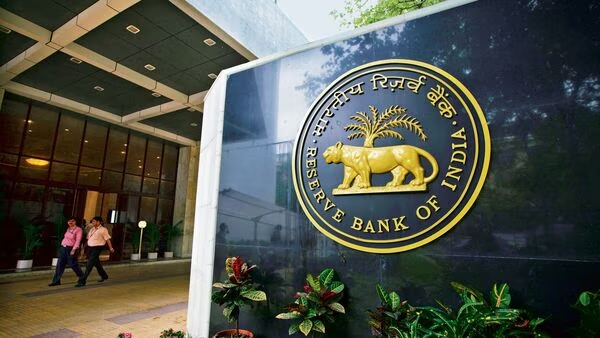The Reserve Bank of India (RBI) has tightened norms for consumer credit as it asked banks and NBFCs to assign a higher risk weight for unsecured personal loans. Fintech lenders may face the brunt of RBI's tightening of capital norms for unsecured lending.“More than just the increase in the cost of financing, the recent RBI action is clearly a yellow flag for lenders in unsecured personal loans to relook at underwriting thresholds. There are early signs that the rapid growth in disbursements to this borrower profile may result in stressed portfolios and higher NPAs. Just by the nature of how banks allocate capital, our sense is that new-age lending fintechs and the P2P industry may see the maximum increase in cost of finance with NBFCs also being impacted but to a lesser degree." said Nikhil Aggarwal, Founder & CEO, Grip.
The move comes within a month of RBI Governor Shaktikanta Das flagging concerns over the high growth seen in the consumer credit segment.
In the circular, the RBI said, "It has been decided to increase the risk weights in respect of consumer credit exposure of commercial banks (outstanding as well as new), including personal loans by 25 percentage points to 125 per cent".
“While it will allow more cover for credit risk in the unsecured loan segment, it will make lending in the unsecured segment more expensive for banks and NBFCs which will in turn make unsecured loans more expensive for the borrowers," said Ameet Venkeshwar, Chief Business Officer at LoanTap
Now, the risk weights on credit card exposures have been increased by 25 percentage points to 150 per cent and 125 per cent for banks and NBFCs, respectively.
“While it may initially curb new credit issuance, a deeper look at the RBI data reveals a significant 29% YoY growth in credit card outstanding, outpacing the 20% YoY increase in the total credit card customer base, indicating customers are increasingly leveraging their credit. Considering that there are approximately 3% unique credit card holders in India ( since individuals often hold multiple cards), the emergence of RuPay Virtual cards linked to UPI brings hope for expanding the new-to-credit card segment. As banks exercise caution with existing users due to tightened funds, the gradual book build-up from new cards mitigates the risk of excessive limit utilization," said Aishwarya Jaishankar, Co-Founder and COO, of Hyperface.
The new regulations, however, will not be applicable to housing loans, education loans, vehicle loans, and gold loans, the Reserve Bank said in a circular.
Recently, RBI Governor Shaktikanta Das flagged the high growth in certain components of consumer credit and advised banks and NBFCs to strengthen their internal surveillance mechanisms, address the build-up of risks, and institute suitable safeguards, in their own interest.
Disclaimer: The views and recommendations made above are those of individual analysts, and not of Mint. We advise investors to check with certified experts before taking any investment decisions.




Comments
Post a Comment